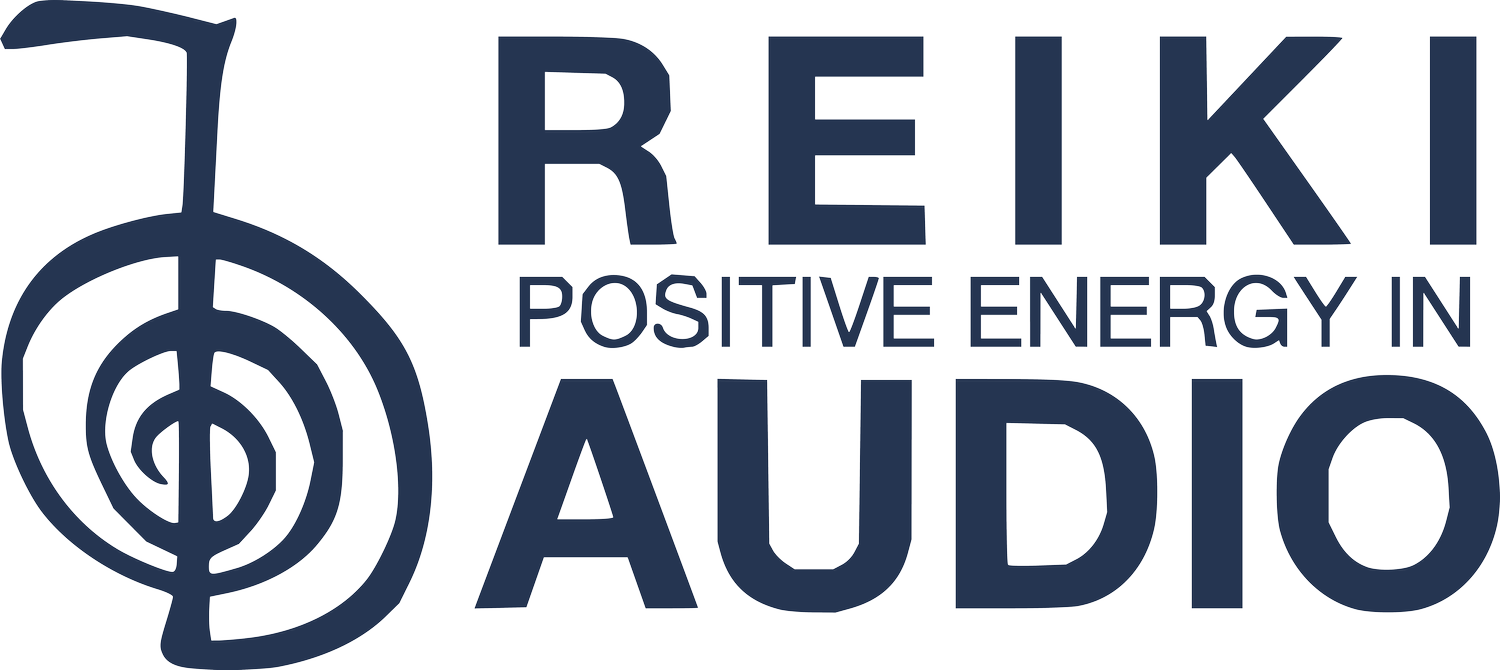TheFlash
Reiki Audio
Really sorry to hear this. Fingers crossed for some hearing aid magic; I’m sure you’ll report back.Just wanted to redress the balance with how I assessed the wave cables against the ‘I don’t believe it therefore it cannot be” brigade.
Ironically, I haven’t sat down and listened to music and enjoyed the glorious visceral sound of musical instruments for months now. Due to a sudden hearing problem in what was my best ear I can now only cope with music at a low volume and whilst doing something else to distract me from how horrible it ‘sounds’. Picking up some hearing aids in a couple of weeks which I hope will make sound more tolerable. It has demonstrated to me that many of the discussions on these forums aren’t so much about the sound quality of equipment so much as the quality of our individual hearing. It takes an overnight change in hearing to realise that.
I’m not over confident so there is likely to be a bit of classifieds action coming up!


